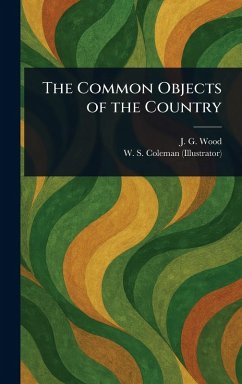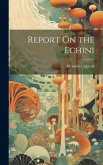Rediscover the wonders of the English countryside with J. G. Wood's "The Common Objects of the Country," a captivating exploration of invertebrate life. This classic work of natural history invites you to delve into the fascinating world of animals often overlooked. From insects to spiders and beyond, Wood meticulously details the common invertebrates inhabiting the fields and hedgerows of England. A cornerstone of popular science writing, this book offers a window into the natural world, revealing the intricate beauty and importance of these often-unseen creatures. Perfect for anyone with an interest in nature, animals, or the history of scientific exploration, "The Common Objects of the Country" remains a timeless testament to the enduring appeal of the natural world. Carefully prepared for print republication, this edition ensures the preservation of Wood's invaluable observations for all readers. This work has been selected by scholars as being culturally important, and is part of the knowledge base of civilization as we know it. This work is in the public domain in the United States of America, and possibly other nations. Within the United States, you may freely copy and distribute this work, as no entity (individual or corporate) has a copyright on the body of the work. Scholars believe, and we concur, that this work is important enough to be preserved, reproduced, and made generally available to the public. We appreciate your support of the preservation process, and thank you for being an important part of keeping this knowledge alive and relevant.
Bitte wählen Sie Ihr Anliegen aus.
Rechnungen
Retourenschein anfordern
Bestellstatus
Storno









